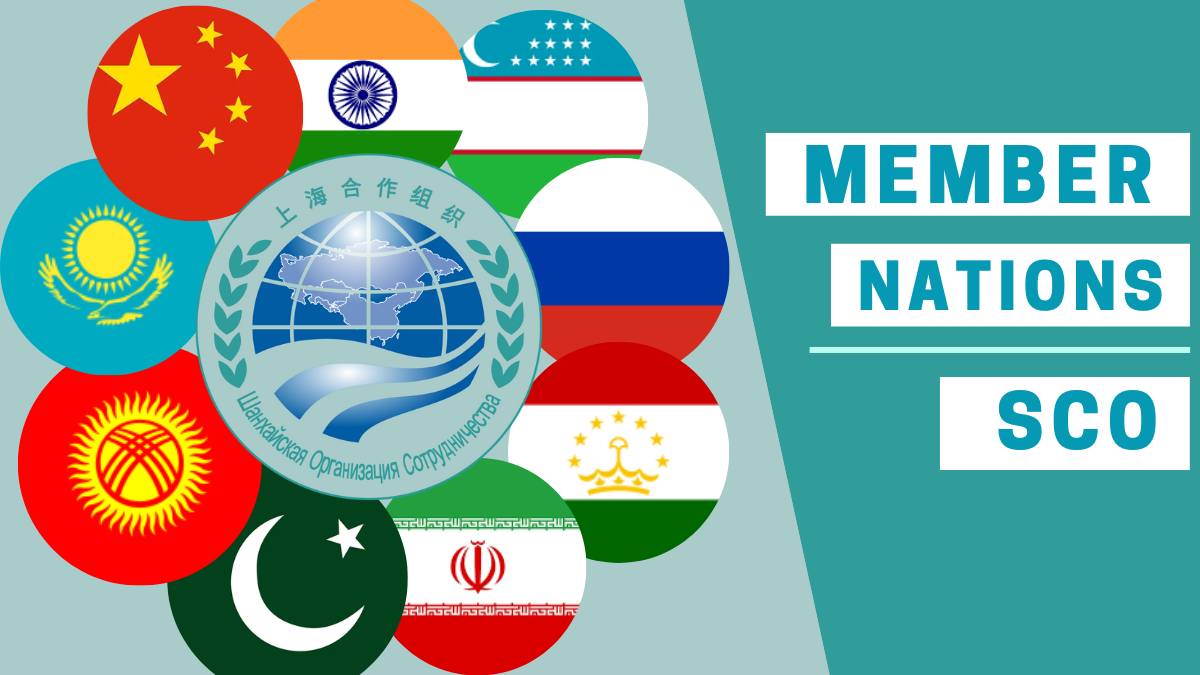India’s Defence Minister Rajnath Singh strongly reaffirmed India’s zero-tolerance stance on terrorism while addressing the Shanghai Cooperation Organisation (SCO) Defence Ministers’ Meeting in Qingdao, China. Without directly naming Pakistan, Singh made a veiled reference to nations using terrorism as a policy tool, calling out “double standards” and demanding decisive global action.
“We have shown that epicentres of terrorism are no longer safe and we will not hesitate to target them,” Singh asserted, underscoring India’s readiness to take action against terror havens.
Referring to the recent Pahalgam terror attack, Singh said its execution mirrored Lashkar-e-Taiba’s previous attacks and justified Operation Sindoor, India’s pre-emptive counterterrorism action aimed at dismantling cross-border terror infrastructure.
“Some countries use cross-border terrorism as an instrument of policy and provide shelter to terrorists. There should be no place for such double standards. SCO should not hesitate to criticise such nations,” he said, urging member states to adopt a united and uncompromising stand.
Singh stood alongside Chinese Defence Minister Admiral Dong Jun and other counterparts for the official photograph and reiterated India’s commitment to regional security and multilateralism.
In his address, Singh thanked the Chinese hosts for their hospitality and welcomed Belarus as the newest member of the SCO. He acknowledged the complex geopolitical climate post-pandemic, saying:
“The world we live in is undergoing a drastic transformation. Globalisation, which once brought us closer together, is losing momentum. The weakening of multilateral systems has made it harder to address urgent challenges—from maintaining peace and security to rebuilding economies.”
Calling for reformed multilateralism, Singh emphasised that collaborative mechanisms are crucial to prevent conflict and promote peace.
“No country, however large and powerful, can manage alone. The very idea of the global order, or indeed of multilateralism, is the assumption that nations must work with each other for mutual and collective benefit. This reflects our age-old Sanskrit wisdom: ‘Sarve Jana Sukhino Bhavantu’—peace and prosperity for all.”
Singh also drew attention to modern challenges in hybrid warfare, including cyber threats, drone technology used for smuggling, and radicalisation through digital platforms, urging the SCO to stay ahead of such transnational threats.
About SCO

The Shanghai Cooperation Organisation, formed in 2001, is a Eurasian political, economic, and security alliance. India became a full member in 2017. Its current members include India, China, Russia, Pakistan, Kazakhstan, Kyrgyzstan, Tajikistan, Uzbekistan, Iran, and Belarus. China holds the 2025 chairmanship under the theme “Upholding the Shanghai Spirit: SCO on the Move.”
Why the Shanghai Cooperation Organisation (SCO) Matters for India
Source: NEXT IAS Contributors
1. Security and Counterterrorism
-
SCO addresses threats like terrorism, separatism, and extremism, which align with India’s regional security concerns.
-
India collaborates on intelligence-sharing through the Regional Anti-Terrorist Structure (RATS) to combat terrorism and organised crime.
-
The SCO also works with other blocs like the Collective Security Treaty Organisation (CSTO) to tackle cyber threats, drug trafficking, and transnational crime.
2. Military Cooperation
-
SCO organises joint military exercises (e.g., “Peace Mission”) to improve coordination in counterterrorism and regional security.
-
While it doesn’t deploy forces in conflicts, it plays a key role in strategic defence alignment and peace-building efforts.
3. Economic Engagement
-
India benefits from joint projects in energy, gas exploration, and food security, especially in Central Asia.
-
Through the SCO Interbank Consortium, member countries co-fund infrastructure and resource-sharing initiatives.
4. Cultural Exchange
-
The SCO promotes people-to-people contact via cultural summits, art festivals, and heritage exhibitions.
-
Such soft diplomacy helps India strengthen ties beyond geopolitics and trade.








